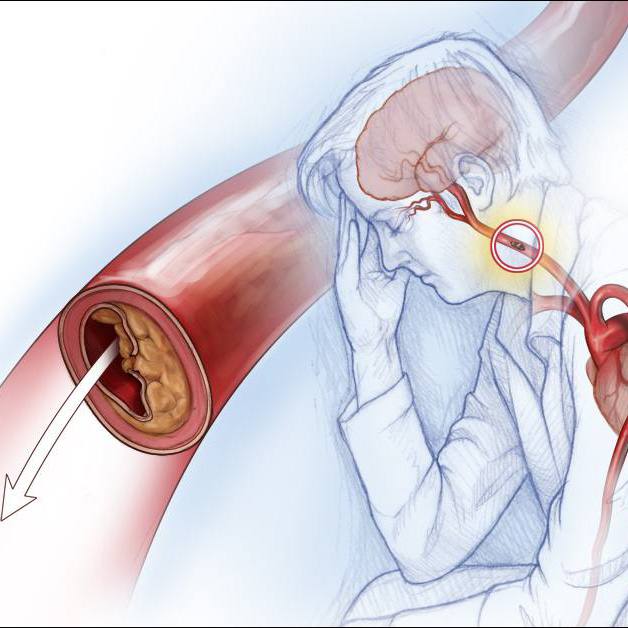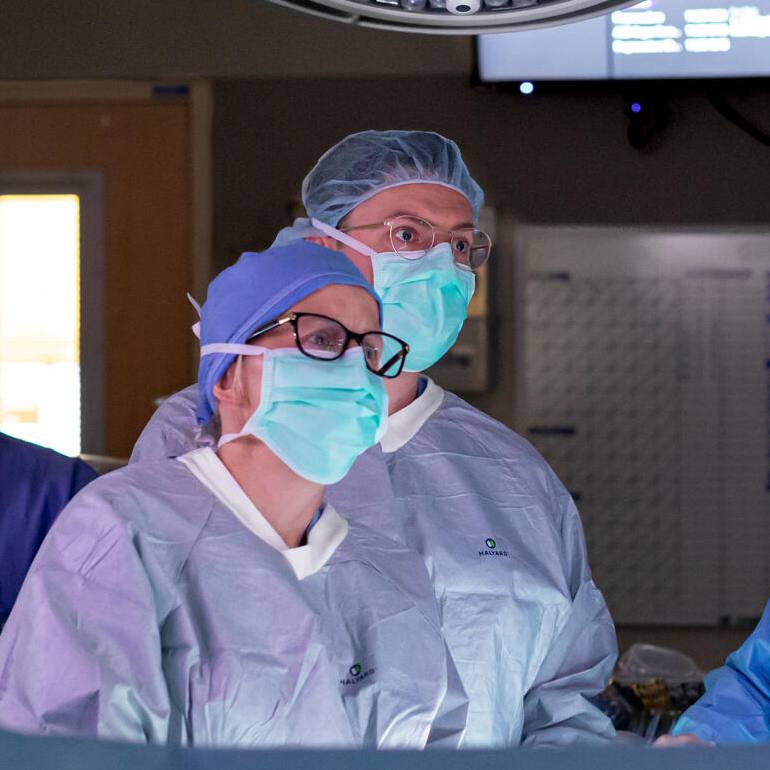October is Breast Cancer Awareness Month. Women are being encouraged to get their annual breast cancer screening because screening can save lives.
But what if your mammogram shows that you have dense breasts?
Dr. Christine Klassen, a Mayo Clinic Breast Clinic physician, has more on what it means to have dense breasts.
Journalists: Broadcast-quality video pkg (1:12) is in the downloads at the end of the post. Please courtesy: "Mayo Clinic News Network." Read the script.
Starting at age 40, Mayo Clinic encourages women to get their annual mammograms. Sometimes you may get an unexpected result like being told you have dense breasts.
"Breast density is a radiologic term, and it's specifically referring to how the breast tissue appears on a mammogram," says Dr. Klassen.
The breast tissue is made up of fibrous tissue, glandular tissue and fatty tissue. Dr. Klassen says dense breasts may make screening more difficult.
"The dense breast tissue on a mammogram is when we see a lot of that glandular and supportive tissue, and not so much of the fatty tissues."
Breast density is assigned one of four levels ― A, B and C, and D, which is extremely dense.
"The higher-density group has about four times the risk of a cancer, compared to the lower-density group," she says.
Annual mammograms remain an important screening tool. Dr. Klassen says additional testing may help.
"We do think that there's some benefit to getting the 3D mammogram, or the mammogram with tomosynthesis, which helps radiologists scan through the field of the breast and get a better sense for what's a true mass."
Related posts:
- "Mayo Clinic Minute: Why breast cancer screening is important."
- "Clearing up confusion over breast cancer screening recommendations."
- "Mayo Clinic Q and A: Immunotherapy and breast cancer."
_____________________________________
For the safety of its patients, staff and visitors, Mayo Clinic has strict masking policies in place. Anyone shown without a mask was recorded prior to COVID-19 or recorded in an area not designated for patient care, where social distancing and other safety protocols were followed.
Related Articles







